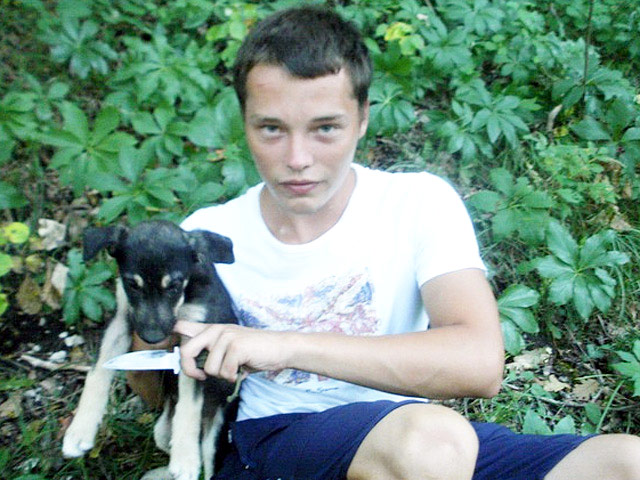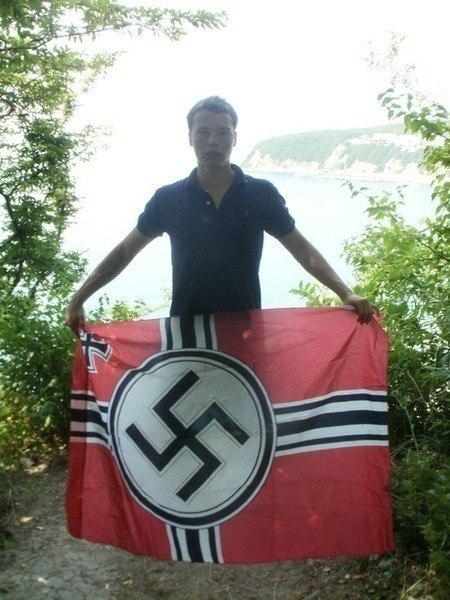Krasovsky's suggestion to burn Ukrainian kids alarmed many. And yet, it fits organically into the Russian internal discourse. This is a telegram channel of a neo-Nazi "Rusich" group fighting in Ukraine for Russia. They suggest exterminating girls over 10 and boys over 5 years old 

See an interview of "Rusich" leader Milchakov with the editor of "Sputnik and Pogrom" Prosvirnin. Sputnik and Pogrom was probably the most influential Russian nationalist media of the recent decades and played enormous role in shaping Russian internal debates
Milchakov first got prominence in 2011 when he recorded killing and eating a puppy and uploaded the video on internet. That's how he became a niche micro-celebrity. Once the war in Ukraine started in 2014 he assembled co-thinkers and went to Donbass to fight for Russia 

What you see here is probably Russia-imposed governor of Crimea Aksyonov awarding Milchakov for his fighting in Donbass 

Russian regime is highly tolerant to actual Russian Nazism and easily incorporates the Nazis into its structure. At the same time, they use "Nazism" as an euphemism for disobedience. Any non-Russians who want to keep their culture or autonomy and defy Moscow are Nazis 

The link to original post by "Rusich" t.me/dshrg2/241
• • •
Missing some Tweet in this thread? You can try to
force a refresh






